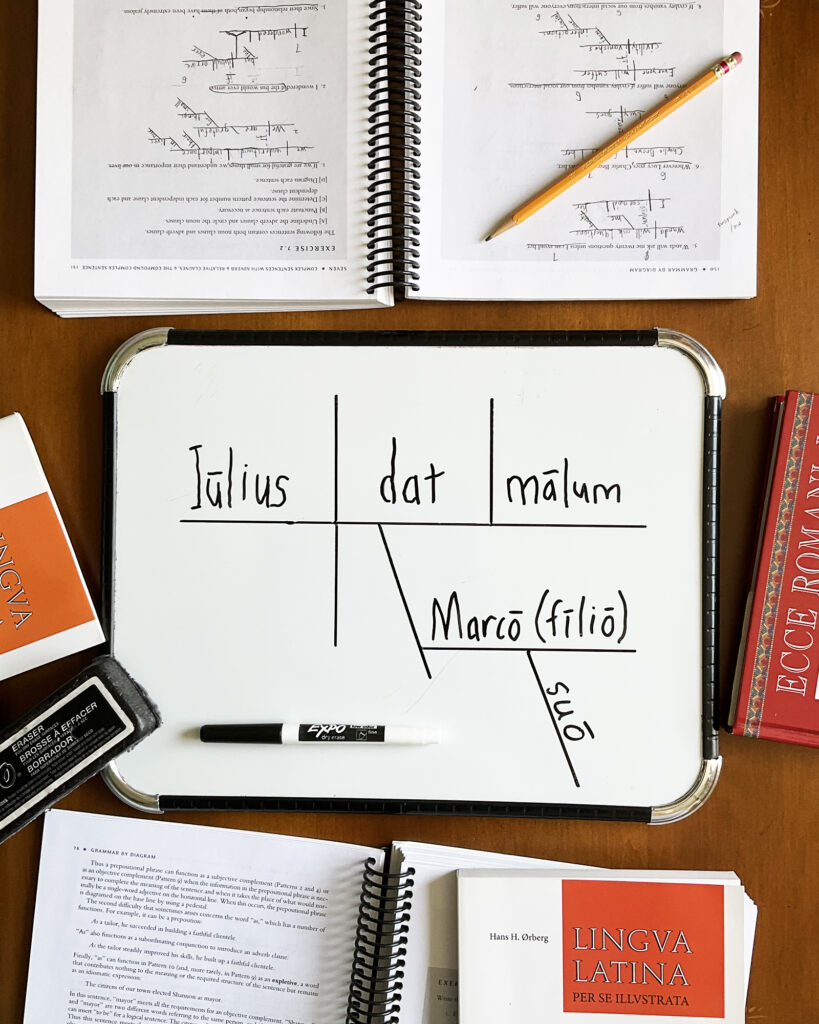CMP Review 2023-04-20
April 20, 2023

In Home Education, Charlotte Mason appears to give a somewhat utilitarian purpose for the study of Latin. Some instruction in Latin, she writes, would be useful “if only to help [the child] to see what English grammar would be at when it speaks of a change in case or mood” (p. 295). I was never particularly moved by this argument. I found that our family could learn English grammar quite well without the aid of a classical language, thank you very much.
But when we reach the final of Mason’s six volumes, we find a startling quote from the Latin teacher at the House of Education. She speaks of an approach to the language whereby “both students and children learn what is really Latin and realise that it is a language and not a mere grammar” (p. 213). Indeed, this same Latin teacher would later write that “Miss Mason saw [that] only in the actual literature of a language can the real joy of it be felt.”
Could Latin really be a joyful approach to the literature, hearts, and souls of countless persons across dozens of centuries and cultures? Probably not when it is seen merely as a means “to afford intellectual drill,” as claimed by an anonymous and undated PNEU document from a hundred years ago.
Imagine my surprise when our trusted and familiar tools for the study of English grammar suddenly came in handy as a way to illuminate a construction in Latin. The tables were turned. I sat in wonder, contemplating which language was helping which.
It is to me a parable of a bigger principle. When we study anything for utilitarian ends, we get something less than utility. On the other hand, when we study for the joy of learning, we get utility along the way. But we get something much, much more than that. Something that I burn with desire to share with others.
@artmiddlekauff